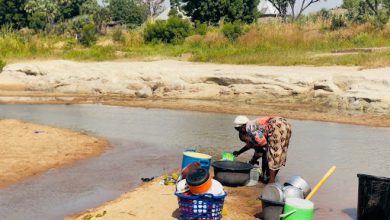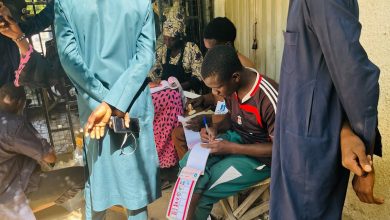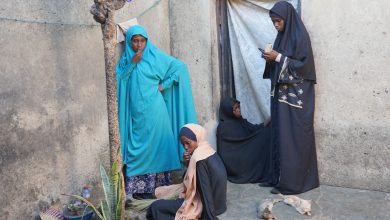The Bloodbath (2): Children Brutalised During Zaria Massacre Still Living With Trauma
Aside from the killings, Nigerian soldiers also reportedly tortured and unlawfully detained many children. Others watched as their loved ones were gunned down.
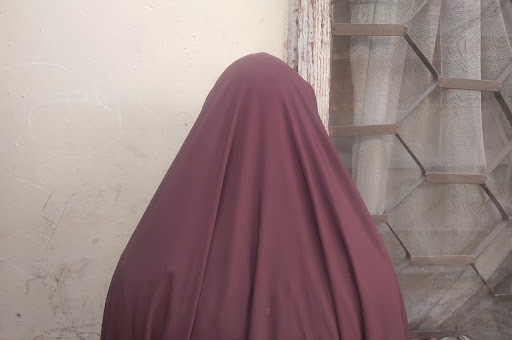
Zainab Yakubu’s father and three siblings were killed by soldiers who unleashed an attack on the residence of Ibrahim El-Zakzaky, leader of the Islamic Movement of Nigeria (IMN) on Dec. 13, 2015 during the Zaria massacre. She witnessed the gruesome incident.
Her mother, Sherifat, told HumAngle Zainab developed a psychological disorder after seeing multiple corpses, including those of her relatives, and the brutalisation of innocent members of the Shia Muslim community.
Zainab, who was at the time just 11, has found the last seven years of her life depressing and her academics truncated due to trauma.
The trauma began weeks after the killings. According to her mother, Zainab woke up from nightmares, trembling and crying on several occasions. She was always seeing her siblings and father in dreams wearing blood-stained white garments, she said.
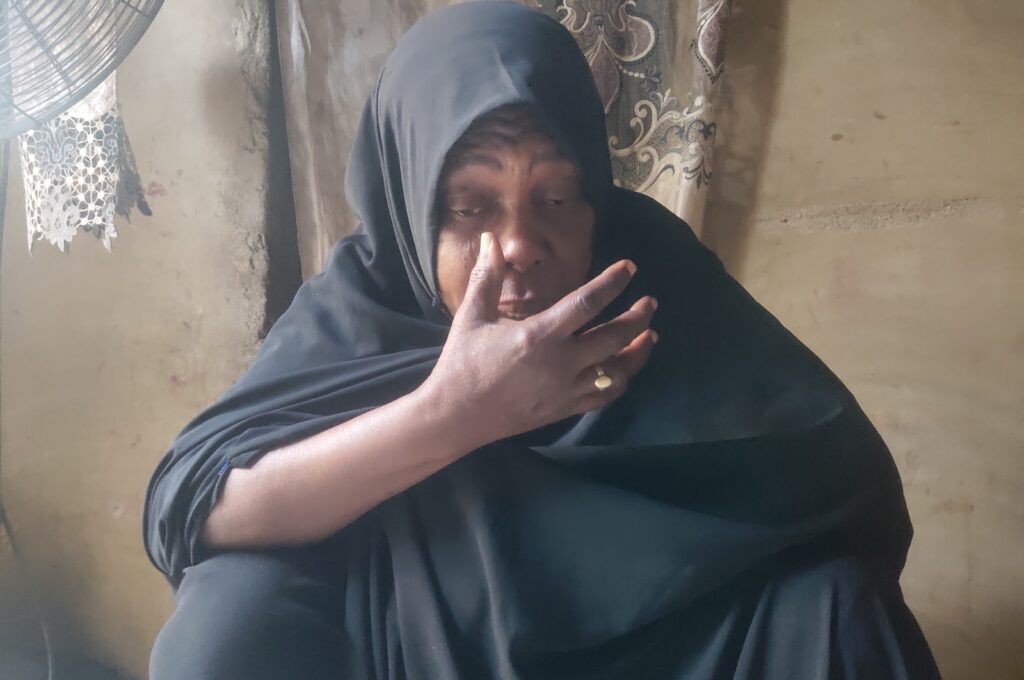
“We thought she was going to get over the trauma after some time but that never happened. There were days she came to me that she heard the sound of gunshots from sleep and also narrated seeing her deceased father in the dream,” Sherifat recalled.
The condition has deteriorated to the level where she now struggles with schooling. Sherifat tried to help her daughter to develop ways to cope with the anguish by cuddling her and making her feel loved, but that did not help much.
To find a lasting solution, she now visits the Psychiatry Department of Ahmadu Bello University Teaching Hospital for medical care. Her mother told HumAngle that medical practitioners affirmed that her illness was a result of severe past experiences.
Violence against children
Zainab’s challenge is one out of many instances of Nigerian children who have got their lives affected by violence.
Giving legal consent to both the United Nations Convention on the Rights of Child and the African Charter on the Rights and Welfare of the Child, Nigeria adopted the Child’s Rights Act in 2003. The Act is expected to protect children against all forms of attack and inhumane treatment.
This was, however, not the case as IMN members claimed that almost 200 children were killed during the Zaria massacre. Those who survived death were not out of danger either.
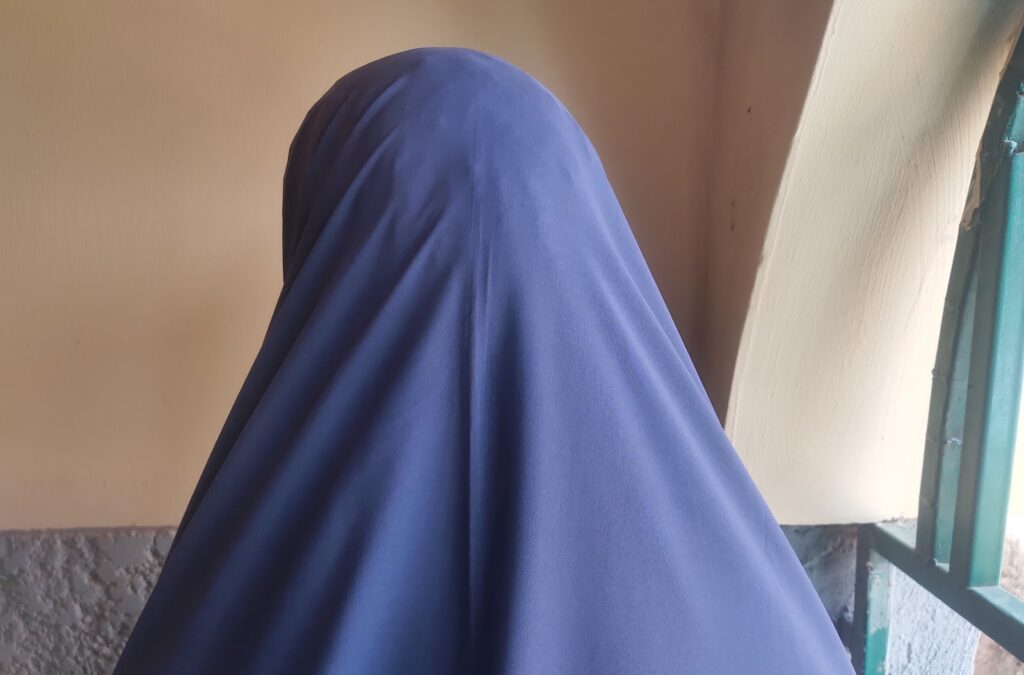
Though an eight-year-old girl when the massacre occurred, Nargis Abdullahi said she was abused by the soldiers. She still battles with the trauma many years later.
“Seeing people being killed in my presence was the worst thing that ever happened to me. I saw no fewer than 10 people losing their lives before me and by the evening of Saturday, Dec. 12, children and women were separated from men.
“I was brutalised alongside many other children of my age bracket. By Sunday afternoon, a soldier asked me where my mother was. Before I could respond, he slapped my face with his two hands and I became deaf for hours,” she recalled.
She was later arrested and driven to the military barracks where she saw hundreds of women including her mother tied with rope and paraded as ‘terrorists’.
“Seeing my mother molested made me really sad. There were over 300 women and children arrested. The soldiers threatened to kill us when they were taking us to the Police Criminal Investigative Department in Kaduna but we begged them,” Nargis narrated with unsettling emotions.
The teenager’s eyes were wet with tears as she explained the inhumane treatment they were subjected to while in police custody for five days. “It was a cold period. I was sleeping in my mother’s hijab. The police subjected us to emotional torture and asked us to denounce our membership with the IMN.”
Many years after the bloody incident, Nargis battles trauma as a result of witnessing long hours of gunshots. “I feel a great wrench of sadness anytime I remember the injustice against my people and I don’t think the authorities are ready to dispense justice.”
Cost of losing close friends
For Fatima Danladi, feeling discriminated against is the cost of losing 10 close friends to the massacre. Since she saw the soldiers kill her friends, she has become hypersensitive to shocking sounds. She said every sound makes her remember gunshots and the colour ‘red’ reminds her of bloodstains.
As she tried to express her frustration to HumAngle, the words seemed stuck in her throat as her eyes welled up with tears. Minutes later, Fatima finally spoke out with heavy emotion.
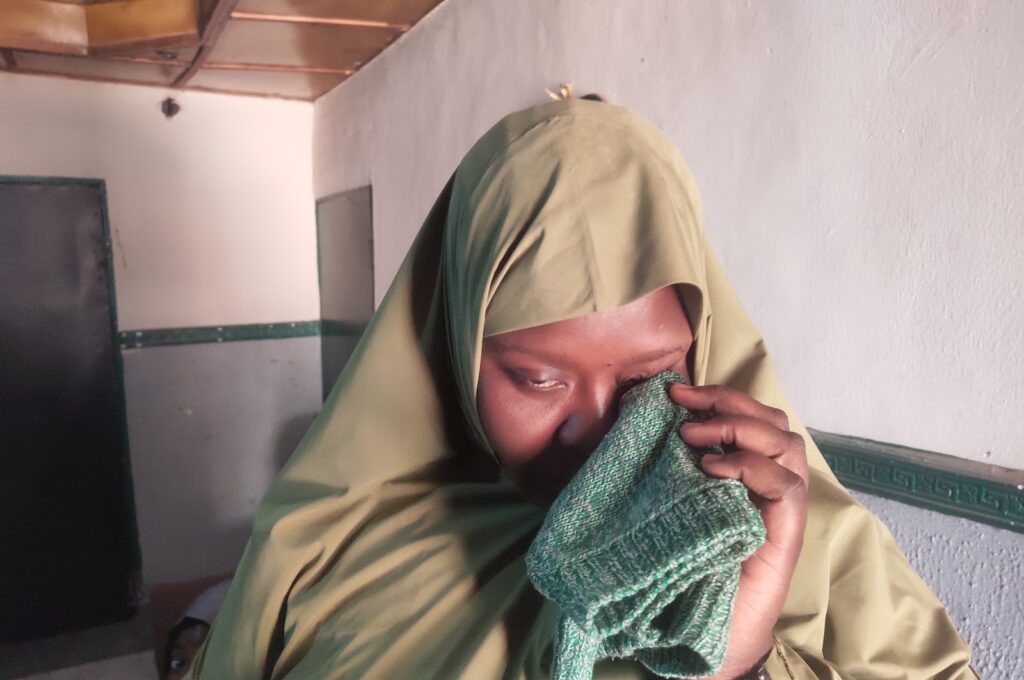
“I lost my childhood friends to heartless soldiers. They tried to escape but were captured at their hideouts. I won’t count myself lucky for escaping death because life has no meaning to me since then. I have never felt discriminated against until soldiers killed my friends.”
Explaining how close they were before the killings, Fatima said, “We crawled together, walked together, ran together, cried together, and even laughed together. The only thing that separated us was sleep. We ate together and always assembled on the same line during salat [prayers].
“I miss Fatima Yakubu, Khadija Yakubu, Fatima Bahiru, Aisha and many others… I am lonely now because I work alone trying to cope. It has not been easy and I cry every day because it is terrible.”
Like Zainab and Nargis, she is also battling depression. Making new friends has been difficult for her as she claimed to be discriminated against by people who believe that “it is a crime to be a member of IMN.”

“The children are facing Post-Traumatic Stress Disorder (PTSD) because of their early exposure to violence,” psychiatrist Akinwande Oguntuwase told HumAngle.
He explained that the children’s challenges came as a result of their near death experiences.
“They need to be helped so that they won’t remember what happened in the past. The current situation the children are faced with may lead to long-term disability and some may end up committing suicide.” The children need psychosocial care and proper medical attention, Oguntuwase recommended.
‘Injured by gunshots’
Rauda Abdullahi was 15 during the incident. Her family members were not planning to visit Mallam El-Zakzaky’s residence that Saturday until they got a call that the compound was under attack.
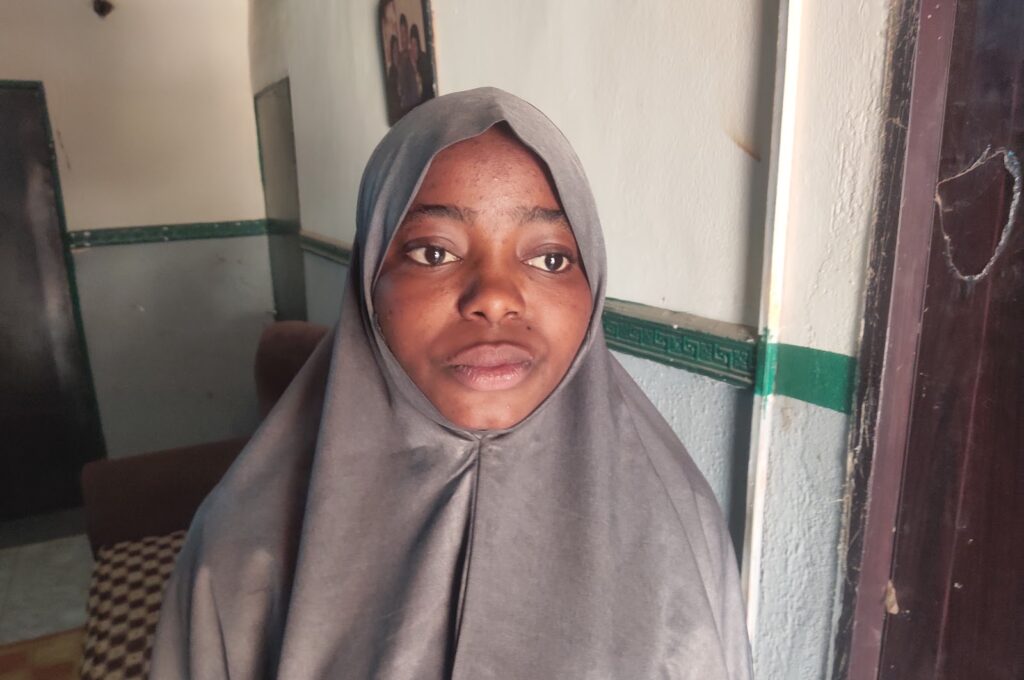
On getting to the violent scene, she hid in a nearby building where she passed the night. By Sunday morning, the soldiers invaded the house, threatening to set it ablaze if IMN members hiding there refused to surrender.
“I hid in the toilet for several hours but still had to come out when I noticed the soldiers were approaching where I was. As I made the move to run, I was shot in the back and left to die.”
She was, however, lucky to have some other people hiding in the same vicinity. They rescued her by tying the place where she was shot with cloth to prevent her from losing too much blood.
Rauda was kept behind the door of a deserted building. As she turned to her left, she saw another injured person who had earlier been shot on the chest. The duo were later seen by soldiers who dumped them at Ahmadu Bello University Teaching Hospital.
After weeks in the hospital, Rauda returned home. But she still lives with the trauma. She now has nightmares, seeing soldiers, hanging guns on their shoulders.
“I feel so bad anytime I remember this because it was not easy.”
Children and women caught up in the Zaria massacre of Dec. 2015 are yet to get their lives in order as they struggle with distressing memories, which for many children has led to an upsurge of psychological illness.
Support Our Journalism
There are millions of ordinary people affected by conflict in Africa whose stories are missing in the mainstream media. HumAngle is determined to tell those challenging and under-reported stories, hoping that the people impacted by these conflicts will find the safety and security they deserve.
To ensure that we continue to provide public service coverage, we have a small favour to ask you. We want you to be part of our journalistic endeavour by contributing a token to us.
Your donation will further promote a robust, free, and independent media.
Donate HereStay Closer To The Stories That Matter

